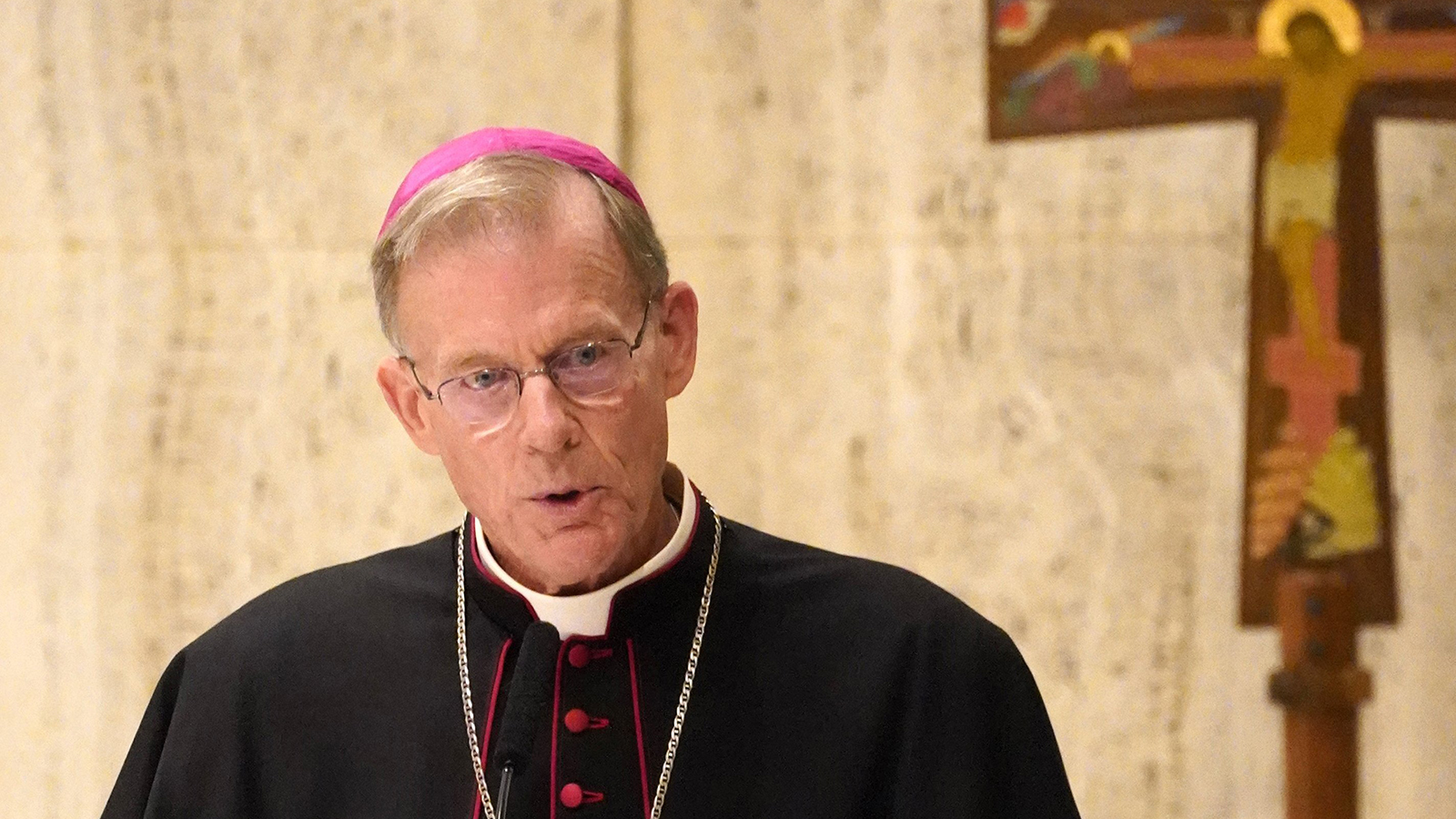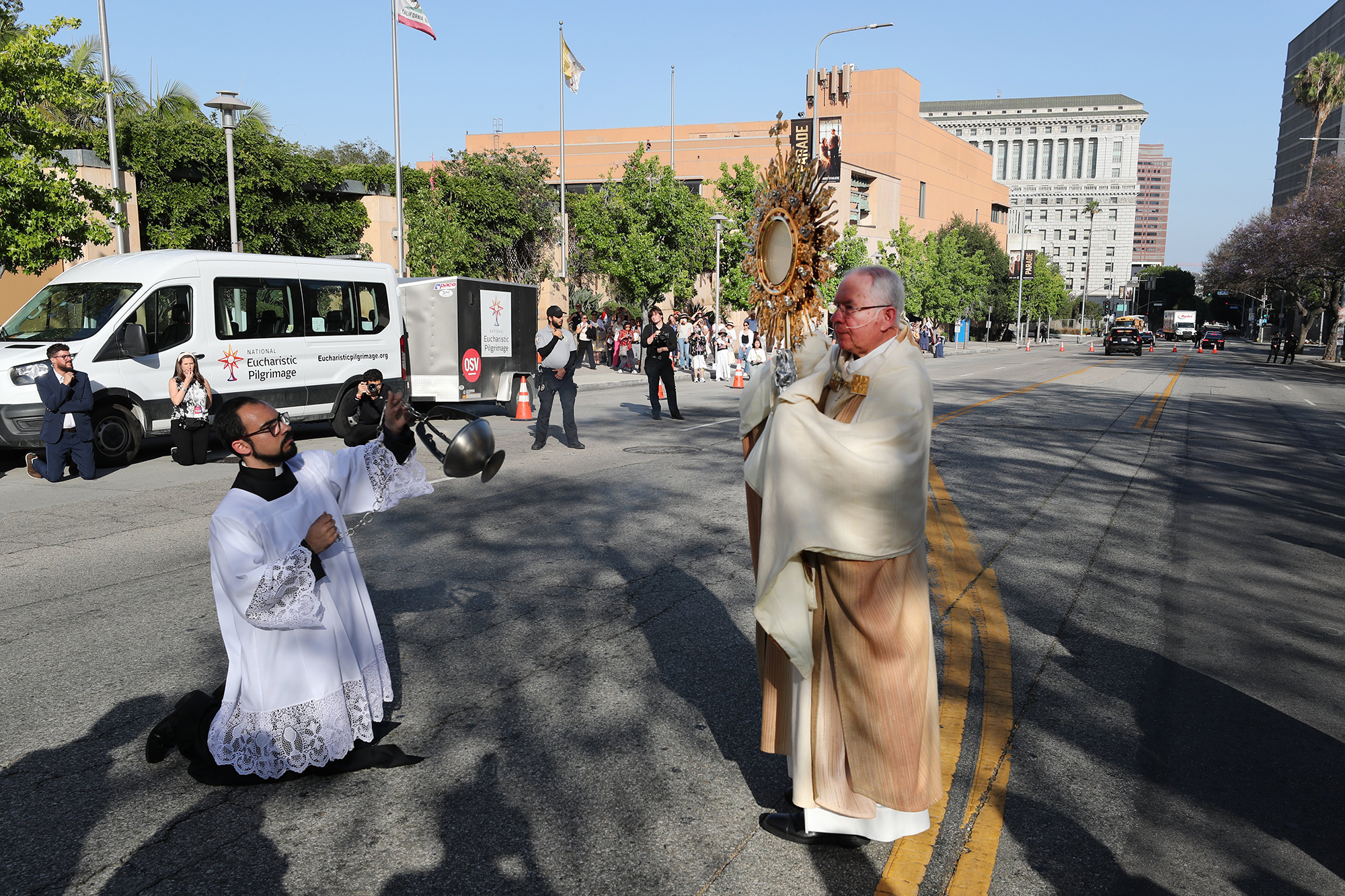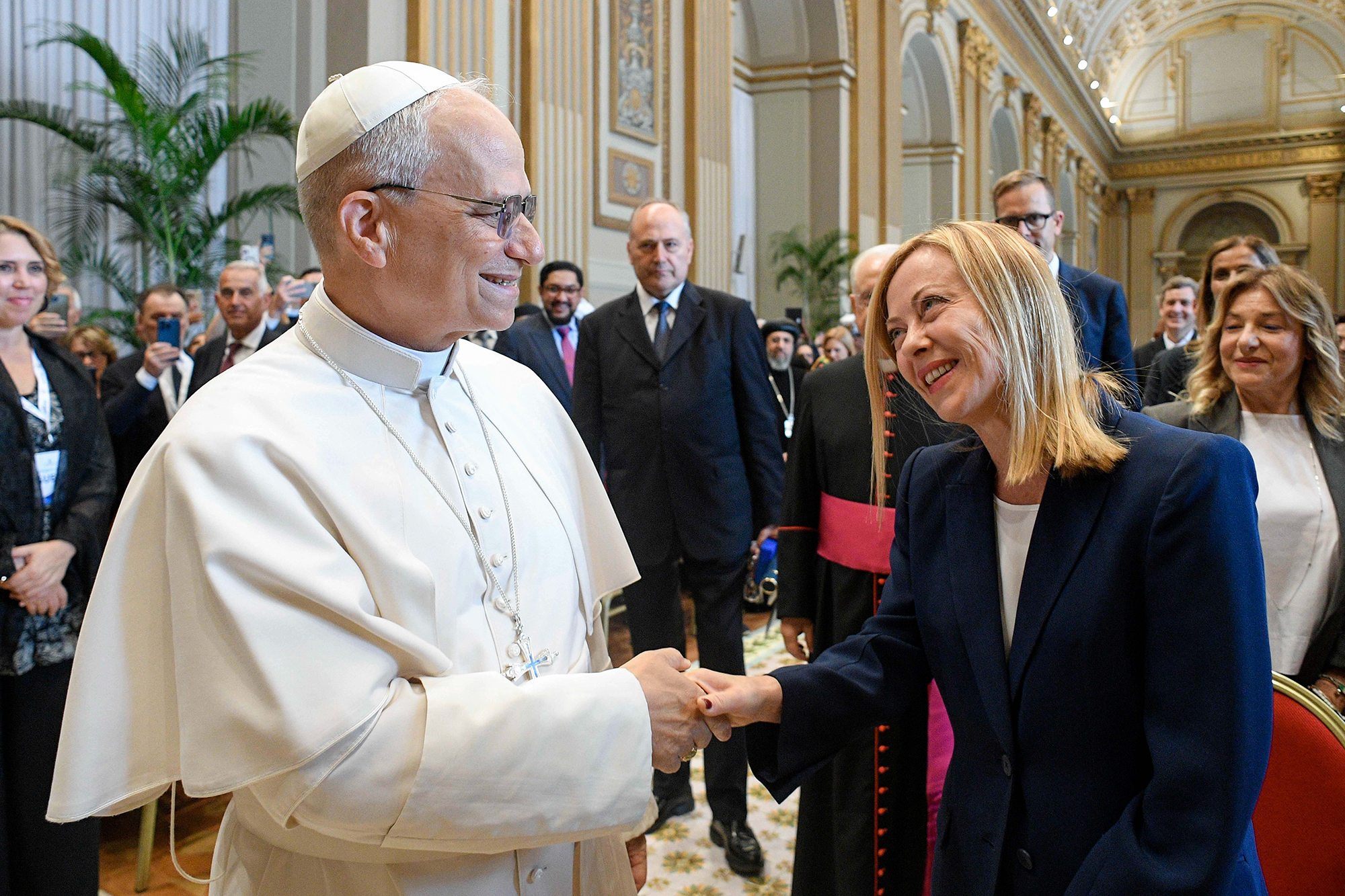St. Francis de Sales Benevolent Society marks century and a half of providing mutual aid in times of sickness, death
Group is among oldest remaining benevolent societies in the U.S.
In a time before Forest Park, Budweiser and traffic began flowing on the Eads Bridge, a group of men at St. Francis de Sales Parish in south St. Louis came together to establish a society to provide mutual aid in times of sickness and death.
In 1874, more than 50 men of the German parish formed an “unterstützen verein,” later known as the St. Francis de Sales Benevolent Society. Each member contributed 75 cents a month to provide a financial cushion to a widow and her children suddenly deprived of a husband and breadwinner. Members also were asked to promote a religious life according to the precepts of the Church.
More than 150 years later, the St. Francis de Sales Benevolent Society continues to thrive with some 400 members across the United States — and little has changed in that time. The group is one of the few benevolent societies left in the United States, said Walter and Kenneth Feld, brothers who have been members for more than 60 years. The organization celebrated its milestone anniversary with a Mass and dinner in May.
“There were insurance companies at the time, but many people could not afford them,” said Walter, the group’s current president and member of St. Francis of Assisi Parish in Oakville. “At the time, St. Francis de Sales was one of the largest parishes, and our membership was made up of people in that area. It was functional because it provided for the man who was working and couldn’t afford insurance, if the wife and family were at a loss for income.” The group also had a fraternal aspect, with social events planned at the parish, including dinner parties featuring live music.
Membership remains exclusive to men, and new members must be between the ages of 14 and 65. Members also must be U.S. citizens, willing to perform their duties as Catholics, be physically and mentally healthy and have an irreproachable character. They also are not allowed to belong to any society forbidden by the Catholic Church.
While once part of St. Francis de Sales Parish, the society now functions independently as a corporation, with more than half of its membership spread across the St. Louis area, many of whom once had ties to the parish. Walter Feld noted that the society still maintains a relationship with St. Francis de Sales, designated in 2005 as an oratory for the Latin Mass and administered by the priests of the Institute of Christ the King Sovereign Priest.
Membership dues eventually increased to $1 a month in the early 1900s. That held steady until two years ago, when the society bumped it up to $20 a year. The society provides a death and widower’s benefit and financial assistance in the event of disability from sickness or injury.
The society hosts a Mass and breakfast twice a year at St. Francis de Sales along with an annual retreat at White House Retreat and an annual golf tournament. Financial support is provided in other ways, including to seminarians for their formation, the Society of St. Vincent de Paul at the oratory and other charities.
The Feld brothers grew up at St. Francis de Sales and were encouraged by their father, a past president, to join the society when they turned 16. Walter Feld continued that tradition with his family — including his son and now two grandsons.
Communication among members is done mostly via phone and U.S. mail, said Kenneth, a member of Queen of All Saints Parish in Oakville, who serves as the group’s secretary and membership coordinator. He keeps in touch with members, and when possible he and others offer a prayerful presence at a deceased member’s visitation or funeral.
“When you’re at the wake and you go to say a few prayers for the repose of the soul of a member, many times you will see them in their coffin wearing a badge from the St. Francis de Sales Benevolent Society,” he said.
He shared the story of a member’s funeral they attended years ago. As the widow walked down the aisle at the end of Mass, she saw the badges the Feld brothers were wearing and stopped to offer her gratitude for their presence.
“She asked us who we were and why we were there, and when we told her we were with the society, she almost cried,” Walter said.
So what’s been the secret to success all these years?
“Tradition and the family — I hear it all the time,” Kenneth said. “They remember going to Communion breakfast with their grandfather, and they remember it the rest of their lives.”
Group is one of the last remaining benevolent societies in the U.S.
Subscribe to Read All St. Louis Review Stories
All readers receive 5 stories to read free per month. After that, readers will need to be logged in.
If you are currently receive the St. Louis Review at your home or office, please send your name and address (and subscriber id if you know it) to subscriptions@stlouisreview.com to get your login information.
If you are not currently a subscriber to the St. Louis Review, please contact subscriptions@stlouisreview.com for information on how to subscribe.







